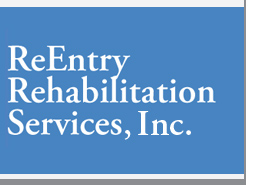Americans with Disabilities Act
The Americans with Disabilities Act (ADA) prohibits discrimination against people with disabilities in employment, government programs and services, transportation, communications, and access to public accommodations.
To be protected by the ADA, one must have a disability, which is defined by the ADA as a physical or mental impairment that substantially limits one or more major life activities, a person who has a history or record of such an impairment, or a person who is perceived by others as having such an impairment. Major life activities include things such as caring for oneself, performing manual tasks, seeing, hearing, eating, sleeping, walking, standing, lifting, bending, speaking, breathing, learning, reading, concentrating, thinking, communicating, and working.
The Americans with Disabilities Act Amendments Act (ADAAA) of 2008 expanded the definition of major life activities to include bodily functions and clarified that an impairment that is episodic or in remission is a disability if it substantially limits a major life activity when active.
Title I of the ADA covers employment. A qualified employee or applicant is an individual with a disability who, with or without reasonable accommodation, can perform the essential functions of the job in question. An employer is required to make a reasonable accommodation if it would not impose an undue hardship on business operations.
ReEntry has experience evaluating whether an individual has a covered disability, what the essential functions of the job are, and how reasonable accommodations can be provided.


